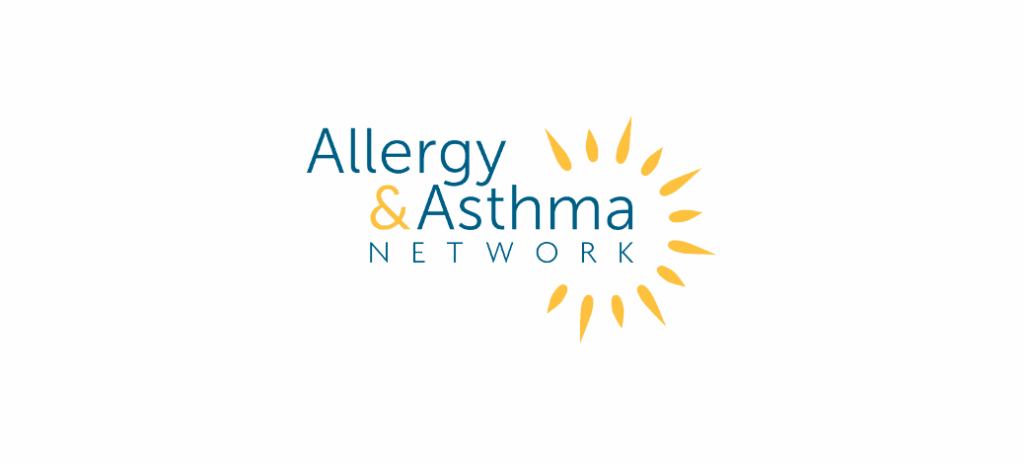

Inflation Reduction Act Signed by President Biden
By: Allen Pinn, Coordinator, Policy
After more than a year of back and forth, congressional Democrats came to an agreement on a large health care, climate, and tax package. Congress passed the Inflation Reduction Act, and President Joe Biden signed it into law on August 16.
Unlike traditional pieces of legislation, the Inflation Reduction Act, or IRA, passed through a process called budget reconciliation. Instead of the normal 60 votes needed to bypass a Senate filibuster, the reconciliation process only requires a simple majority to pass a vote. However, it is limited to provisions that have a direct impact on the federal budget, and bills passed using this process cannot increase the federal debt.
The IRA is a large piece of legislation that includes $750 billion in spending. There are three major elements to the IRA are climate, tax policy, and health care.
Health Care Highlights
The IRA includes many health provisions important to patients. First, the IRA will give a three-year extension to Affordable Care Act subsidies that were made more generous under the American Rescue Plan in 2021. The expansion of these subsidies is expected to assist 13 million Americans by averting a spike in premium costs that would have started in January 2023.
Another pivotal piece of the legislation is centered around drug costs in Medicare. Medicare recipients will now have an out-of-pocket cap of $2,000 with an option to spread the payments out over the year, and insulin will be capped at $35 per month for Medicare beneficiaries. In addition, Medicare will now be able to negotiate drug prices for up to 15 drugs per year. Lastly, the IRA will eliminate cost sharing for vaccines. Eliminating these costs will give Medicare recipients greater access to vaccinations, thus protecting communities across the nation.
Unfinished Health Care Priorities
Across the health care advocacy space, there was disappointment that the IRA did not address the Medicaid coverage gap. The United States currently has a historic low of eight percent of Americans being uninsured; however, this number still represents millions of individuals without access to care. And it is likely to grow when states are allowed to disenroll Medicaid beneficiaries after the end of the COVID-19 Public Health Emergency.
The NHC recommends that states be further incentivized to expand Medicaid. In lieu of them doing so, the federal government should create a Medicaid alternative for individuals who live in states that do not expand Medicaid eligibility.
Also, disappointingly, the IRA did not define a role for patients and patient organizations to give input during the drug price negotiation process. Patients and patient organizations’ voices are vital in accessing the value of medicines and medical devices. It is critical that these voices are made more central to these ongoing discussions.
Climate Highlights
The IRA also makes historical investments in combatting climate change. The legislation invests $369 billion into clean energy. Notably, of the $360 billion invested in clean energy, $60 billion will be allocated towards cleaning pollution in disadvantaged communities that have faced environmental injustice.
Tax Policy Highlights
The legislation has created a 15 percent corporate minimum tax rate, which is estimated to raise $222 billion in revenue. For the first time, corporations will also be issued a one percent tax on stock buybacks, which is estimated to raise $74 billion in revenue.
Moving Forward
As an advocate for those with chronic diseases and disabilities and their family caregivers, the NHC will continue to prioritize health care reforms on behalf of the millions of individuals living with chronic conditions. We will continue advocating for additional reforms that were not included in this bill, such as closing the Medicaid coverage gap. As we move forward together, the NHC and its members encourage policymakers to undertake a truly comprehensive and genuinely collaborative approach to health care policy. Employers, insurers, clinicians, hospitals, biopharmaceutical companies, and all health ecosystem stakeholders contribute to the nation’s well-being and need to be engaged in – and held accountable for – developing solutions that achieve a more accessible, equitable, efficient, affordable, transparent, and sustainable patient-centric health care system. Additionally, the IRA will require significant rulemaking by the Department of Health and Human Services to implement the law. The NHC will look to partner with the Administration to ensure it is implemented in a way that ensures patients have a seat at the table. For example, the process for drug pricing negotiation must include the perspective of people who benefit from the drugs to ensure it reflects their views on the value of such medical products. We also want to ensure patient organizations are engaged in the development of the Medicare Part D smoothing provision of the out-of-pocket costs cap to make sure as many people with chronic conditions as possible are aware of the opportunity and its potential impact on their ability to afford their medications
Additional Resources
Earlier this month, the NHC held a webinar with Avalere, a health care consulting firm, to educate its members about the legislation. The link to the webinar can be found here.
To learn even more about the IRA’s health care provisions and NHC’s stance on the legislation, click here.


